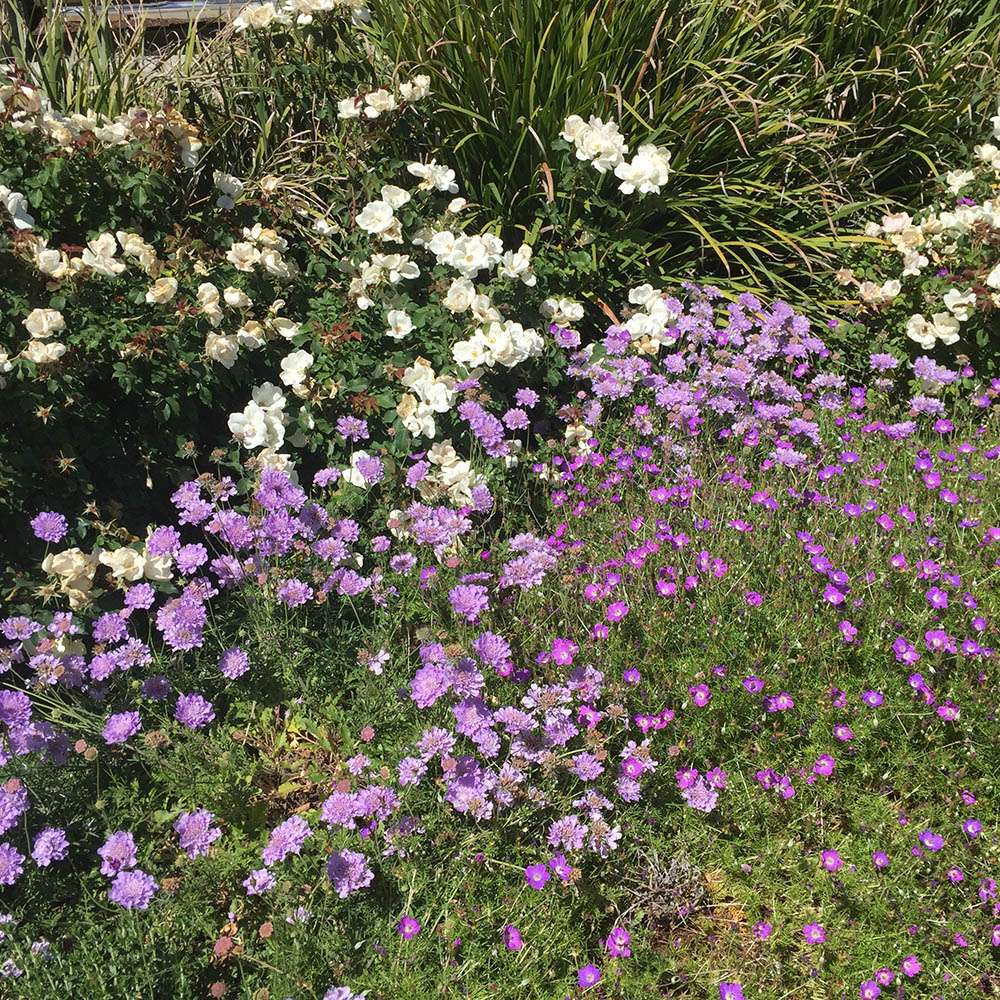
If you’ve been sniffling and sneezing a lot lately, you may already suspect an allergic reaction. Many people are allergic to the fine, powdery pollen produced by trees. When inhaled, even in small amounts, pollen can trigger sneezing, watery eyes, coughing, a sore throat, and other common allergy symptoms.
Even though wind can carry pollen for miles, you’re much more likely to suffer an allergic reaction when you’re exposed regularly to certain trees. A tree in your own yard exposes you to ten times more pollen than a tree down the road in a neighbor’s yard. You may also notice that your allergic symptoms are worse on warm, windy days.
While you can’t do much about your neighbor’s trees, you can certain deal with your own trouble-makers. First of all, get tested so that you can be sure of which plants cause your allergic symptoms. Stay inside on windy days with a high pollen count, if you can. Wear a mask if you must work in the yard, especially on those days. If your allergy tests indicate that you’re allergic to a particular tree in your yard, you can prune back the branches to discourage the tree from releasing so much pollen. If your symptoms are particularly miserable, you might even elect to remove the entire tree.
Trees which commonly cause allergic reactions include: Ash, Aspen, Beech, Birch, Box elder, Cedar, Cottonwood, Elm, Hickory, Mountain elder, Mulberry, Oak, Pecan, and Willow.
Trees can offer many benefits to your landscaping, such as shade for your home, lower electric bills, and improved curb appeal. Removing allergenic trees can be a difficult decision. For some people, the brief period during which these trees release pollen is worth their year-round beauty. But if you want to replace your trees with another species which won’t provoke an immune response, try flowering trees like apple or cherry trees. These varieties have much thicker, stickier pollen which isn’t carried well by wind and doesn’t cause an allergic reaction in most people. Feel free to stop by our nursery to ask questions, and remember to consult with your doctor about treatment for your allergic symptoms.









Write a comment: